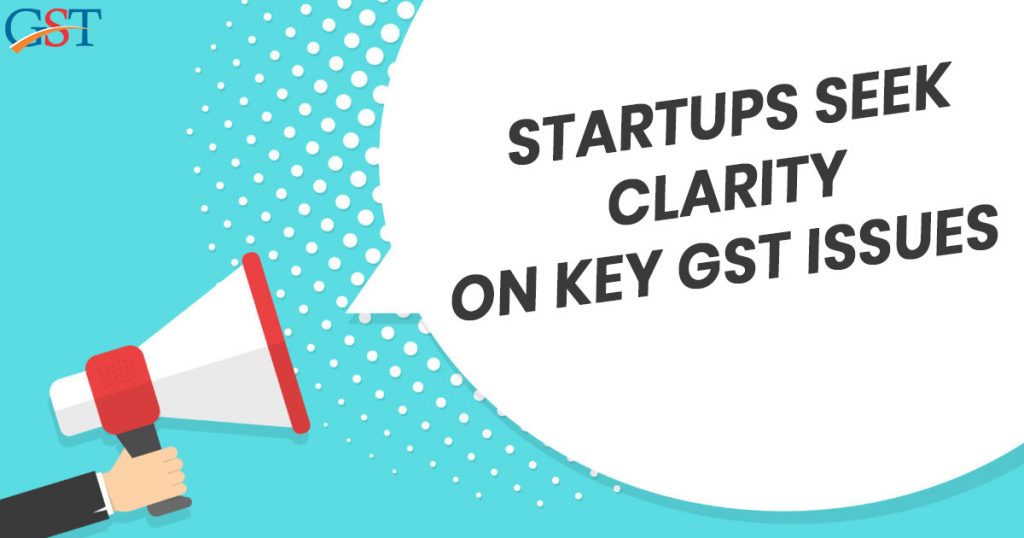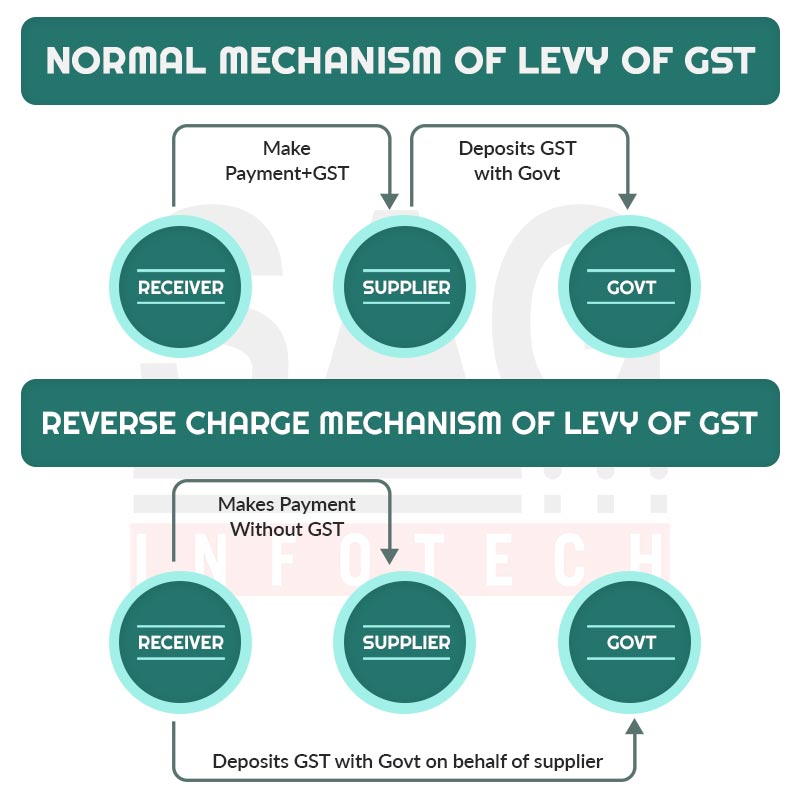
The ongoing concerns of the startups are related to equalization levy and tax on employee stock ownership plans (esops). These budding businesses are now seeking clarifications from the government related to some key tax issues which will directly/indirectly affect their sales and profits.
The issues came in the limelight when companies discussed the same in a meeting chaired by Union Finance Minister Nirmala Sitharaman including some senior tax officials. Startups dealing with global firms registered outside India complain about more tax levy on their part as compared to their counterparts. The current set of provisions allow 18% Goods and Service Tax levy and 6% equalization levy for startups operating in India.
Sachin Taparia, chairman of LocalCircles (giant social media platform) and also the attendee in the companies meet with FM, said that the newly started firms in India need some tax relief under GST reverse charge 
Reverse charge is applicable for startups dealing with entities registered anywhere outside the premises of the country. After clearing their GST, startups can claim credit, since they lack enough output to set off the credit, it becomes a matter of concern.
ITC – As directed by the GST government, the input tax credit is the process through which the credit on the GST paid by the company is compensated against the future tax liabilities of that particular company.
According to some influentials in the field, the government is looking forward to extending the scope of equalization levy on companies which for now is restricted to online advertising. As declared by Amit Maheshwari, partner, Ashok Maheshwary & Associates LLP, the Indian government is not expected to reduce the levy. In fact, the tax ambit could be broadened including a variety of other services along with online advertising said.
It is even proposed by the budding companies (startups) in India that foreign companies with their direct presence in the country must invoice their customers in the country through their local extensions here. This way the GST will be born by the local extension (Indian entity) of that foreign company.
Read Also: Top Benefits of GST for Startups & Small Businesses in India 
If a foreign firm has millions of Indian consumers or its annual income is around Rs. 10 Crore from Indian consumers. With this much strong economic presence in India, such global companies need to get the bills of all their Indian consumers generated from their existing entities in India.
The significant economic presence was an architecture introduced by the government two years ago that determines the jurisdiction under which a company should pay taxes. Such a step will not only promote fair playing as far as competition is concerned for their Indian counterparts but also enhance direct tax collection.









